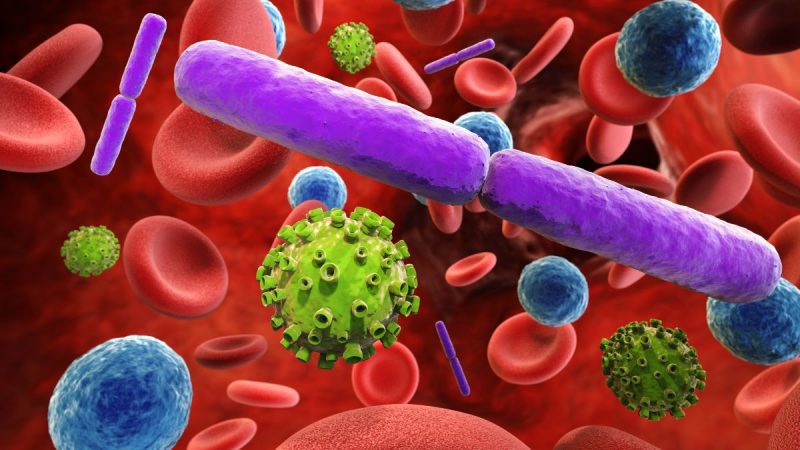The world is grappling with a hidden health crisis as scientists are warning of a “silent pandemic” caused by fungal infections. These infections are becoming resistant to the few drugs available to treat them. If not addressed, the consequences could be severe.
Scientists Warn Of A ‘Silent Pandemic’ As Fungal Infection Crisis Escalates
Each year, fungal infections claim 3.8 million lives. Despite this alarming number, the issue of antifungal resistance is being overlooked. Fungi are more difficult to treat than bacteria. This is because they are biologically similar to animals, making it hard to create treatments that target them without harming human cells. There are only four types of antifungal drugs available. Sadly, resistance to these drugs is rising.
Fungal infections are being left out of the global health discussion. The threat of fungal pathogens and antifungal resistance, even though it is a growing global issue, is being left out of the debate.
A United Nations meeting in New York City, scheduled for September, will focus on antimicrobial resistance (AMR). This discussion will cover bacteria, fungi, viruses, and parasites. However, scientists like are urging governments to pay more attention to fungi in particular. Without swift action, they warn, fungal infections could become much more dangerous.
Also Read: Not COVID, Saudi Citizens Are Advised To Wear Masks In Crowded Spots To Avoid Respiratory Infections
The Most Deadly Infections
Fungal infections such as Aspergillus fumigatus, which affects the lungs, and Candida, which causes yeast infections, are among the most deadly. These infections are most dangerous for people with weakened immune systems, including older adults. The World Health Organisation (WHO) has already listed these and other fungal pathogens as top health priorities.
The urgent need for action. Fungi are not only evolving in response to medicines, but agricultural practises are also contributing to the problem. Fungicides used in farming can lead to cross-resistance. This means that fungi affecting crops may become resistant to treatments used in humans. The researchers stress that a balance must be found between protecting crops and controlling fungal infections in humans.
The world is facing a crisis of antimicrobial resistance, causing nearly 5 million deaths each year. Much of the focus has been on bacteria, which have become resistant to antibiotics. However, experts believe that fungi are equally dangerous. As they evolve, they may soon outpace the limited treatments available.
The UN meeting will be a critical moment to address this issue. If governments, pharmaceutical companies, and researchers unite, there may still be time to stop this silent pandemic. The scientists concluded their report with a powerful statement stating no microbe should be left behind.
Cover Image Courtesy: Canva (Representative Image)
For more such snackable content, interesting discoveries and the latest updates on food, travel and experiences in your city, download the Curly Tales App. Download HERE. First Published: September 23, 2024 4:48 PM






